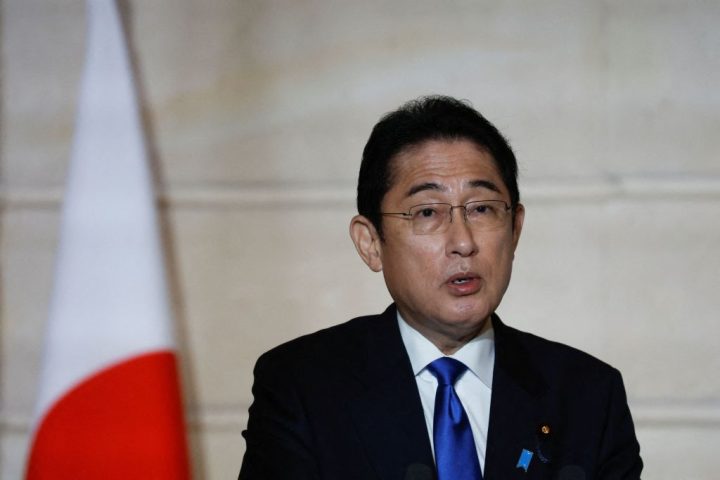The end of the second world war saw the defeated aggressors Germany and Japan accept moral capitulation and begin new international lives as liberal democratic and largely pacifist states bent on cooperation not coercion. But over the last few years an increasingly unsettled international order has emerged to test the pacifism of the fourth and third largest economic powers.
Russia’s aggression against Ukraine has finally cajoled a reluctant Germany out of its semi-neutral stance. As war returned to the European continent, Berlin has bowed to Western pressure to release its Leopard tanks to a martyrised Ukraine. No longer virgo intacta, Berlin has forfeited its 80 year state of innocence.
Japan has reacted pragmatically and wisely to the new international unsettlement on its own terms
The great unsettling of the international order has not spared the Indopacific region – Hong Kong, North Korea, Taiwan, China. Here Japan – unlike purblind and fence-sitting Germany – spotted the straws in the wind a decade ago and is gradually shedding its international modesty.

Get Britain's best politics newsletters
Register to get The Spectator's insight and opinion straight to your inbox. You can then read two free articles each week.
Already a subscriber? Log in







Comments
Join the debate for just £1 a month
Be part of the conversation with other Spectator readers by getting your first three months for £3.
UNLOCK ACCESS Just £1 a monthAlready a subscriber? Log in